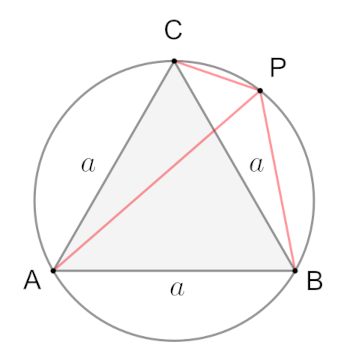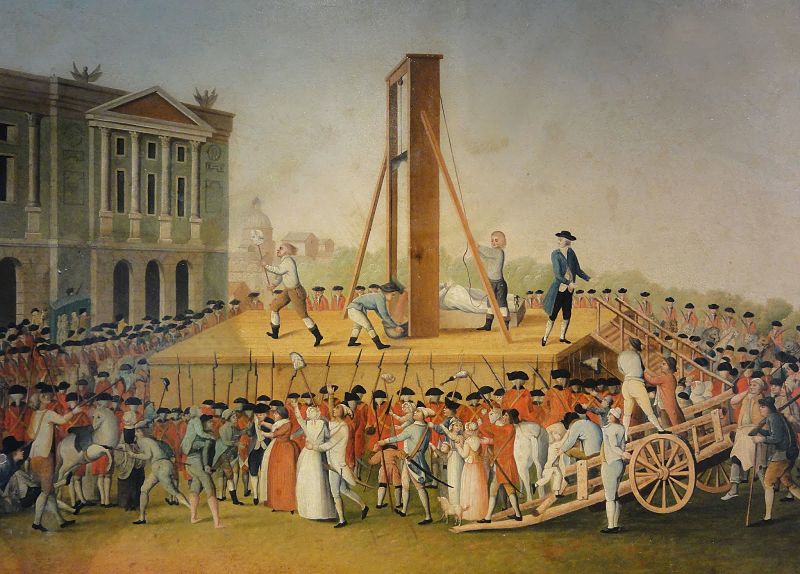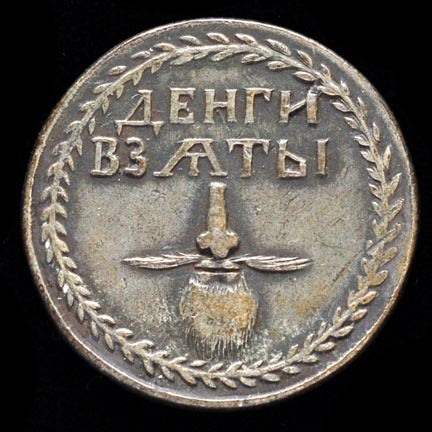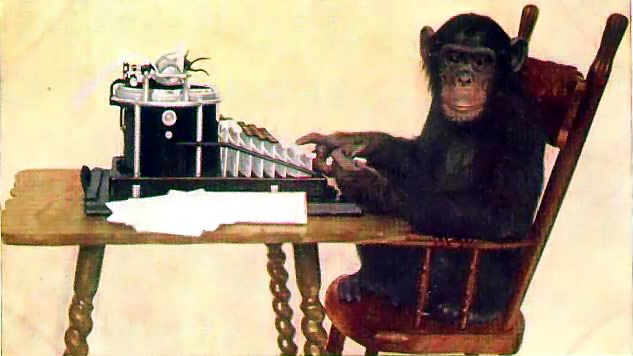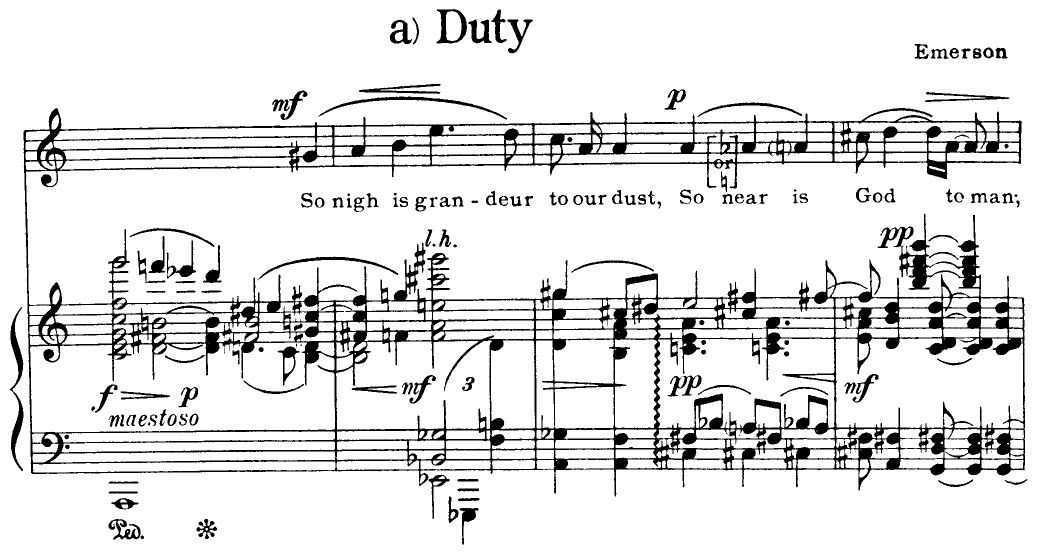In 1998, the BBC reported that four card players at a whist club in Bucklesham, Suffolk, had each been dealt one suit from a shuffled deck. Hilda Golding found herself holding 13 clubs, Hazel Ruffles held 13 diamonds, and Alison Chivers held 13 hearts (and won, as this was trumps). The dummy hand, face down on the table, held 13 spades.
Though there were 55 people in the village hall at the time, some of whom claimed to have witnessed the event, it’s vastly more likely that this was some misunderstanding or a false report. In 1939 Horace Norton of University College London calculated the odds of such a deal arising naturally to be 1 in 2,235,197,406,895,366,368,301,599,999.
In The Mathematics of Games (2013), John D. Beasley writes, “A typical evening’s bridge comprises perhaps twenty deals, so a once-a-week player must play for over one hundred million years to have an even chance of receiving a thirteen-card suit. If ten million players are active once a week, a hand containing a thirteen-card suit may be expected about once every fifteen years, but it is still extremely unlikely that a genuine deal will produce four such hands.”
(Martin Gardner points out somewhere that anecdotal reports of four perfect hands are strangely more frequent than reports of two perfect hands, which is more likely — though, I guess, less newsworthy.)
(Via Martin Cohen, 101 Philosophy Problems, 2002.)


